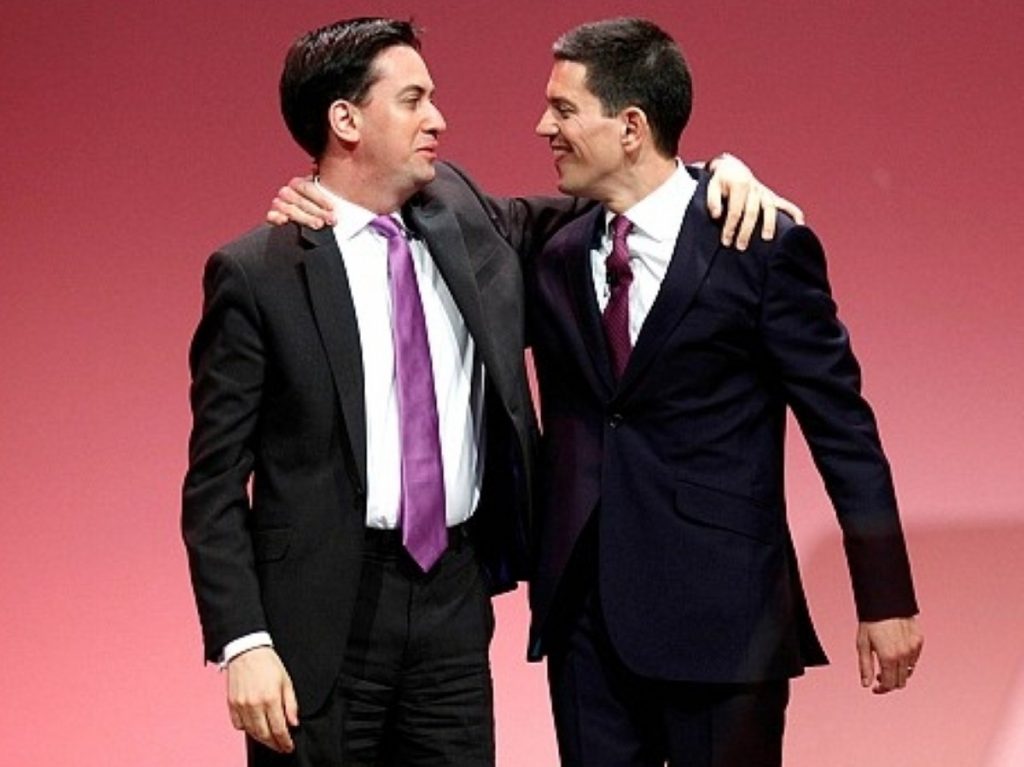Unions’ grip over Labour leadership contest revealed
By Alex Stevenson
Ed Miliband's leadership victory was decisively influenced by union involvement, new research shows.
Academics at the University of Bristol have called into question the legitimacy of the Labour party's electoral college.
Their research assessing the way in which David Miliband, who won the support of both Labour MPs and the party's members, went on to lose the contest overall is published in the British Politics journal.


Ed Miliband won in the final round because of heavy support from the unions. Forty-nine per cent of union members followed their union's recommendation.
But their influence extends beyond the third of the electoral college they control, Professor Mark Wickham-Jones and Richard Jobson demonstrated.
They argued that candidates had unequal access to the electorate and that the electorate were not fully informed during the campaign, when some union ballots were distributed in partisan fashion.
Unions coordinated and streamlined nominations for the leadership to maximise support for Ed Miliband, mobilised considerable unregulated expenses in his favour and restricted the availability of their membership lists to their nominee, the pair said.
The latter move meant it was like "running a national election campaign with someone deciding who to give the electoral register to", one campaign team member said.
"You can't [campaign], you have no list, you can't tell, you have no access."
Prof Wickham-Jones and Mr Jobson blamed the 1993 introduction of one member, one vote for the problem, which reduced the unions' impact.
They responded by developing a strategy of re-establishing their authority over the Labour party as a result, they said, leading to the 'reinventing' of the block vote.









